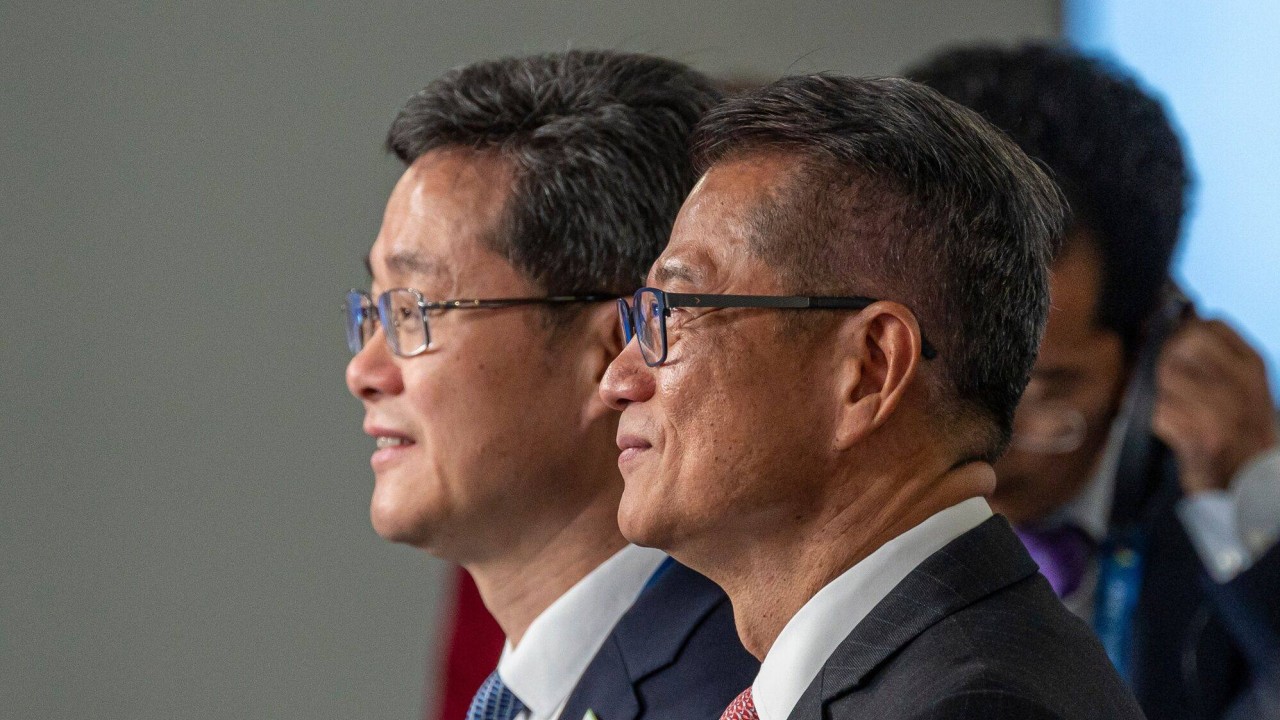
Senior Chinese economic officials meeting their US counterparts in Beijing this week voiced concerns over tariffs, investment restrictions and sanctions on mainland firms, according to China’s Ministry of Finance.
In the third meeting of the Economic Working Group between the world’s two largest economies, officials held “in-depth, candid, pragmatic and constructive communication” over the domestic macroeconomics and policies, a statement from the ministry’s website said.
The US delegates raised their concerns about China’s industrial policy practices and overcapacity as well as the resulting impact on American workers and firms, according to a readout from the US Treasury Department.
“US officials reaffirmed that the US is not seeking to decouple the two economies and instead seeks a healthy economic relationship that provides a level playing field for American companies and workers,” the readout said.
The meetings concluded with both sides agreeing to meet again in April, it added.
China’s finance minister, Lan Fo’an, attended this week’s meeting and “had a brief exchange” with the US delegation, which also met with Chinese Vice-Premier He Lifeng while in Beijing, according to the statement from both sides.
‘Mistrust remains high’: why half of US firms have no plans to expand in China
‘Mistrust remains high’: why half of US firms have no plans to expand in China
Both working groups were launched in September last year and led by He and Yellen, aiming to facilitate progress on bilateral economic and financial policy matters.
US deems more Chinese tech companies ‘military’ and a national security risk
US deems more Chinese tech companies ‘military’ and a national security risk
At the same time, it has been diversifying American supply chains away from China.
Amid a worsening property sector domestically and the West’s de-risking efforts, Beijing has yet to carve out a clear path for the country’s post-pandemic economic recovery. Insufficient demand in China, overcapacity in some industries and weak expectations have hampered growth.

